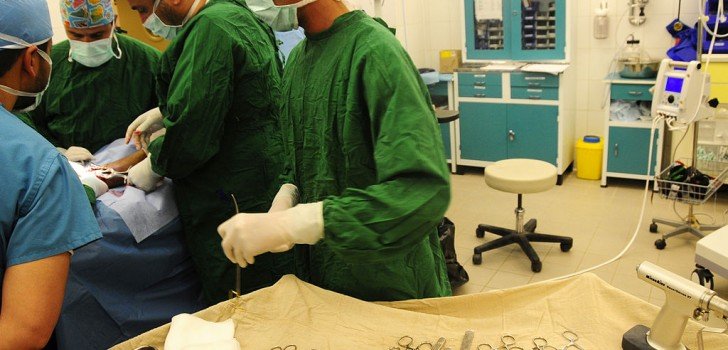New research show just how unlikely it is for men to keep weight off after losing it.
According to a study conducted by experts at King’s College London, overweight males only have a one in 210 chance of having a healthy body weight. The study suggests that current exercise and diet systems simply aren’t efficient when it come to fighting obesity. Women who are obese have a one in 124 chance of overcoming the epidemic. These numbers have led experts in the UK to admit that a majority of weight loss programs in the UK are simply not effective.
The American Journal of Public Health posted these findings, which are based from patient health records of 279,000 UK patients between 2004 and 2014. From the data, it was found that for men, a five percent loss of bodyweight is a 1 in 12 possibility. For women, this statistic rises to about 1 in 10.
Most patients who were able to lose five percent of their bodyweight simply regained that weight after a few years. In fact, more than fifty percent of the patients who lost five percent of their body weight gained it back it within a year. Only 22 percent of the patients had kept the weight off after five years. The statistics were even worse for individuals categorized as severely obese.
The data clearly suggests that once an individual reaches the obesity range, it is highly unlikely that they will achieve a healthy body weight thereafter.
Dr. Alison Fildes, a member of the King’s Division of Health and Social Care Research, states, “New approaches are urgently needed to deal with this issue. Obesity treatments should focus on preventing overweight and obese patients gaining further weight, while also helping those that do lose weight to keep it off.”
The study excluded patients who had weight loss surgery. The National Institute for Health and Care Excellence (NICE) is encouraging the NHS to increase the number of patients eligible for weight loss surgery.
Many scientists are in agreement that his positive correlation between an increase in body weight and an increase difficulty to lose weight is due to the biological changes the body undergoes the drastic changes.
Dr Fildes admits that the Western environment doesn’t help the situation as it has a tendency to encourage a diet consisting of unhealthy foods as well as a sedentary lifestyle. Fildes continues encouraging patients not to be discouraged by the findings but having people realize that he critical key is to prevent obesity in the first place.
Senior author, Professor Martin Gulliford, admits that current strategies in place to help patients lose bodyweight simply aren’t effective enough. In order to combat this epidemic, Gulliford suggests attacking the problem before patients are affected by it.
Stay Connected